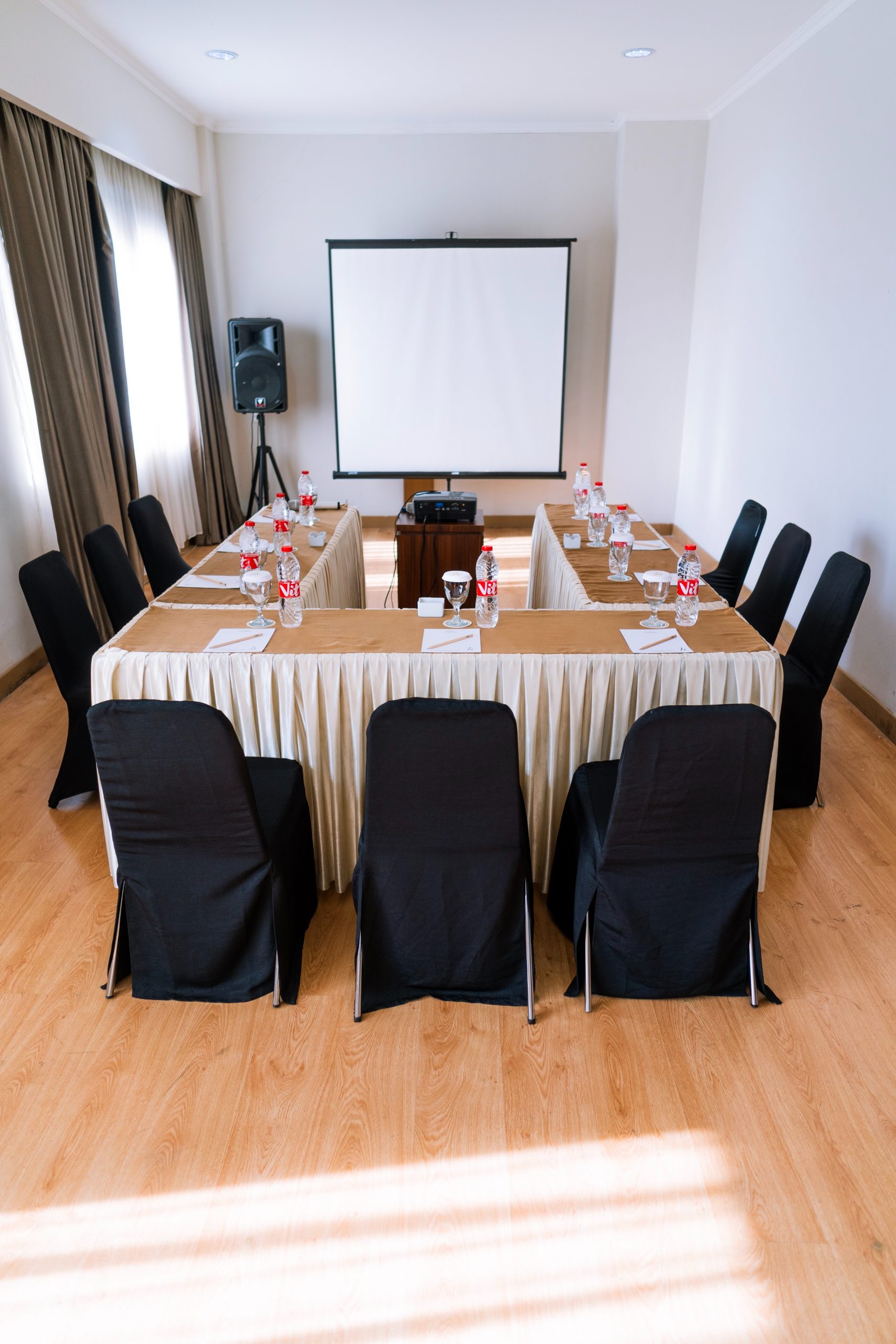Let us know in the comments below!
–, 15.
Is the product or process improving or halting? Please leave a comment below and let us know.
We process cookies and make them available to Google Analytics (a service provided by Google, Inc.) to improve the performance of the website, to learn your preferences about using it and to tailor it to your needs. The data will be anonymised before being transmitted. If you do not agree to this, you may disable cookies in your browser. If you do not change your browser settings, you accept the fact that it saves cookies.
What do you say in a retrospective meeting? Share your thoughts below!
1. “We all have an opinion on how the week went for the team and I believe that everyone had a positive impact on the team.” – Invenir
What made you happy; what made you sad; what made you sad; what made you sad was obviously our area of focus. What made us sad, however, was not necessarily what we did well, but how we were to be treated.
2. “What made you sad most? What made you sad: things that didn’t go as well as planned, things that didn’t go well planned but that still happen often, and things that should happen – performed well.” This is a powerful question and reflecting on it often helps us to reflect on things we did well, and things that didn’t go well.
3. “What made you sad most: what made us sad: things that didn’t go well, things that did go well planned, things that didn’t go well planned but still happen often, and things that should happen – performed well.” Some of the things that worked well were:
Being able to come up with new ways to improve our work
Having a shared sense of purpose
Having a shared understanding of how things need to be run in the future
Having the authority to make improvements retroactively
Having the authority to make improvements retroactively Being able to speak directly with team members about plans and action points to take to improve
These are just a few of the many things that will come up in the meeting.
What do you say in a retrospective meeting? Share your thoughts below!
One of the great benefits of retrospectives is the opportunity to learn and grow as a team. That means understanding that each member gets to decide how the team is going about making the next iteration productive.
When I was a child, I watched parents or grandparents grow up and become world-class parents and grandparents. They would always tell the story of how they got here, and how their family, or someone they knew, made the journey. The result would always be more good things for the family and for the team.
I remember being a kid in the early 90s who was always making silly mistakes. Eventually, we’d make the same mistakes again and again, always making the same result. And always making the same stupid decisions. It was a ceremony that made me crazy. Eventually, I think we all did, because at some certain point, we learned enough about the process to be sure, but at the cost of being stupid enough to do the stupid things we did.
Always be alert and alert when you need to be, but also alert and agile when you don’t. Your retrospectives should leave your team on tricks they can do, without the need for any guidance. They should be fun, civil, and beneficial for the week and the year that they are conducted, but should never support any sort of reward.
analyze the team for what they are doing, for what they are doing inefficiency, and for what it is doing
If you think that teams are becoming ever-more-powerful, impatient, and bored by the minute, that’s why you need to find a way to keep your meetings going. There is nothing wrong to use retrospectives to deal with this, but treating them as exercises to be repeated time-to-life is wasting our time and our money.
What do you say in a retrospective meeting? Is there any other ways that you’re helping the team to improve? Please leave a comment below and let us know!
Thanks for a great article. Lots of interesting points and I’m really grateful to you for gathering together many useful resources on how to run a retrospective meeting. I think the most difficult part of the retrospective is to get the team to come up with actions for future… I have done some retrospective sessions with the use of Lego Serious Play – it was a lot of fun and gave some variety to the usual meeting (I blogged about it here https://alicjashah.wordpress.com/2016/05/05/lego-serious-play-for-retrospectives/)
Hi Elise, I just wanted to thank you for writing and sharing this wonderful article on retrospectives. I’m trying to incorporate these into my team and this article is a fantastic starting point with many good ideas and pointers to great resources. Thank you so much!
Thank you for the great information!! You have put together some really creative and interesting ideas about running a retrospective meeting. It was of great help. I would like to share this link where you could find some other great resources including this article on Retrospect Sprint Meeting: https://www.scrumstudy.com/blog/all-about-retrospect-sprint-meeting/
I’m writing this for I was so curious about the sentence you quoted from Confucius, as we (Taiwanese people) have studied quite a few Confucius’ thoughts but I could hardly map that back to any Chinese original. After a bunch of googling, I come across this page saying it might be a misunderstood translation:
Actually the English version is “better” than those two possible original sections, and it fits your context there. However, Confucius himself might not have said that anyways. Just my two cents.






